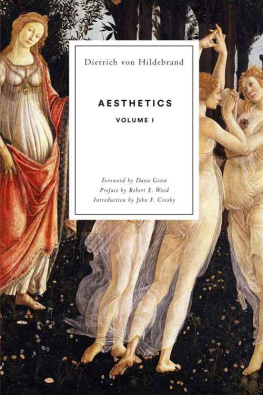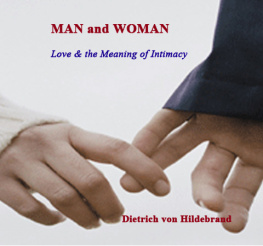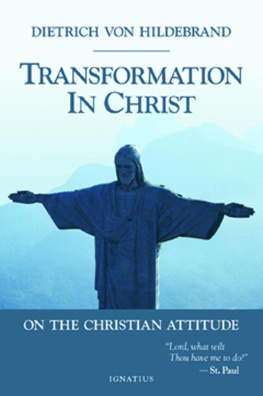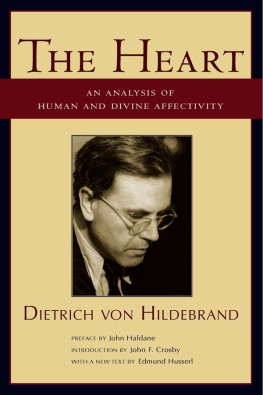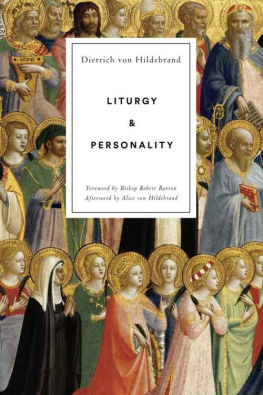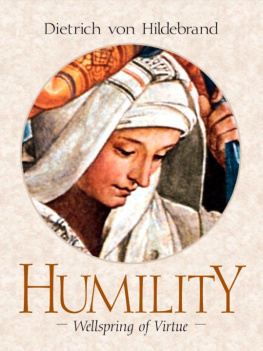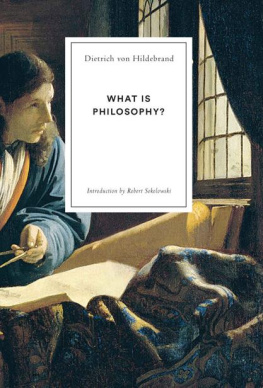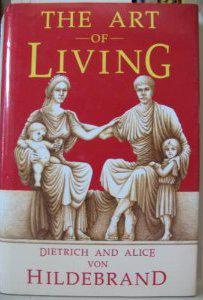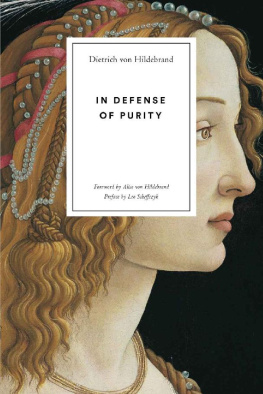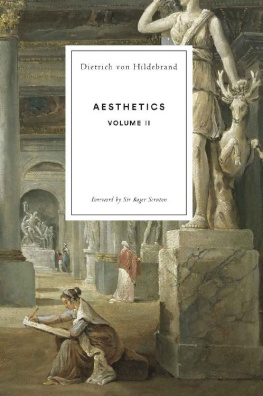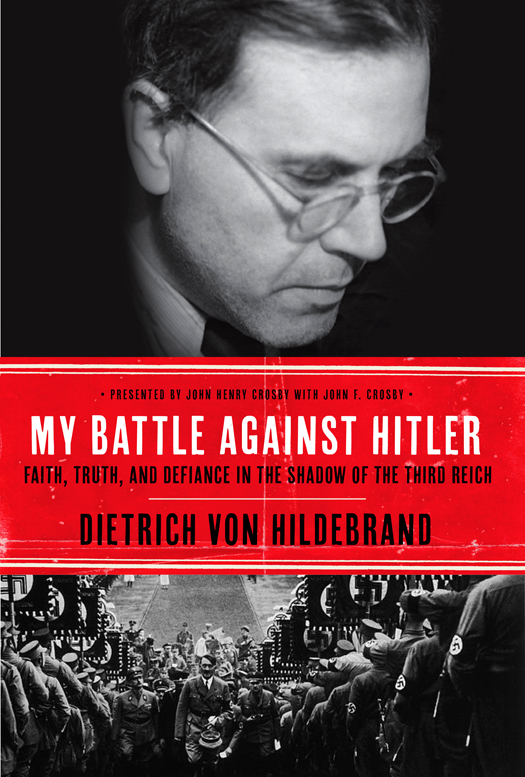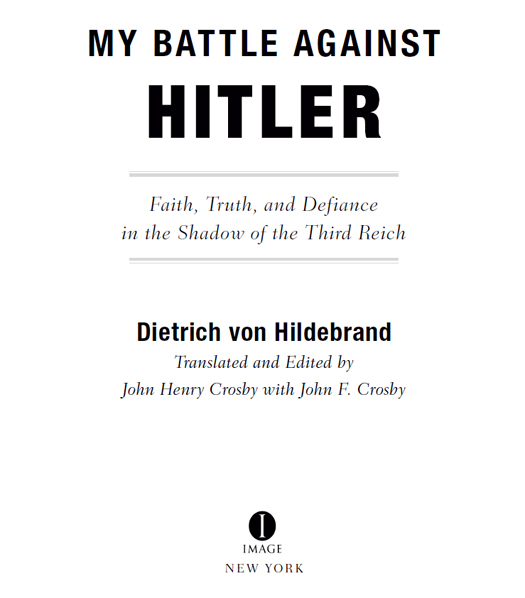Dietrich von Hildebrand - My Battle Against Hitler: Faith, Truth, and Defiance in the Shadow of the Third Reich
Here you can read online Dietrich von Hildebrand - My Battle Against Hitler: Faith, Truth, and Defiance in the Shadow of the Third Reich full text of the book (entire story) in english for free. Download pdf and epub, get meaning, cover and reviews about this ebook. year: 2014, publisher: Image, genre: Detective and thriller. Description of the work, (preface) as well as reviews are available. Best literature library LitArk.com created for fans of good reading and offers a wide selection of genres:
Romance novel
Science fiction
Adventure
Detective
Science
History
Home and family
Prose
Art
Politics
Computer
Non-fiction
Religion
Business
Children
Humor
Choose a favorite category and find really read worthwhile books. Enjoy immersion in the world of imagination, feel the emotions of the characters or learn something new for yourself, make an fascinating discovery.

- Book:My Battle Against Hitler: Faith, Truth, and Defiance in the Shadow of the Third Reich
- Author:
- Publisher:Image
- Genre:
- Year:2014
- Rating:3 / 5
- Favourites:Add to favourites
- Your mark:
My Battle Against Hitler: Faith, Truth, and Defiance in the Shadow of the Third Reich: summary, description and annotation
We offer to read an annotation, description, summary or preface (depends on what the author of the book "My Battle Against Hitler: Faith, Truth, and Defiance in the Shadow of the Third Reich" wrote himself). If you haven't found the necessary information about the book — write in the comments, we will try to find it.
How does a person become Hitlers enemy number one? Not through espionage or violence, it turns out, but by striking fearlessly at the intellectual and spiritual roots of National Socialism.
Dietrich von Hildebrand was a German Catholic thinker and teacher who devoted the full force of his intellect to breaking the deadly spell of Nazism that ensnared so many of his beloved countrymen.
His story might well have been lost to us were it not for this memoir he penned in the last decades of his life at the request of his wife, Alice von Hildebrand. In My Battle Against Hitler, covering the years from 1921 to 1938, von Hildebrand tells of the scorn and ridicule he endured for sounding the alarm when many still viewed Hitler as a positive and inevitable force. He expresses the sorrow of having to leave behind his home, friends, and family in Germany to conduct his fight against the Nazis from Austria. He recounts how he defiantly challenged Nazism in the public square, prompting the German ambassador in Vienna to describe him to Hitler as the architect of the intellectual resistance in Austria. And in the midst of all the danger he faced, he conveys his unwavering trust in God, even during his harrowing escape from Vienna and his desperate flight across Europe, with the Nazis always just one step behind.
Dietrich von Hildebrand belongs to the very earliest anti-Nazi resistance. His public statements led the Nazis to blacklist him already in 1921, long before the horrors of the Third Reich and more than twenty-three years before the famous assassination attempt on Hitler in July 1944. His battle would culminate in the countless articles he published in Vienna, a selection of which are featured in this volume.
It is an immense privilege, writes editor John Henry Crosby, founder of the Hildebrand Project, to present to the world the shining witness of one man who risked everything to follow his conscience and stand in defiance of tyranny.
Dietrich von Hildebrand: author's other books
Who wrote My Battle Against Hitler: Faith, Truth, and Defiance in the Shadow of the Third Reich? Find out the surname, the name of the author of the book and a list of all author's works by series.

